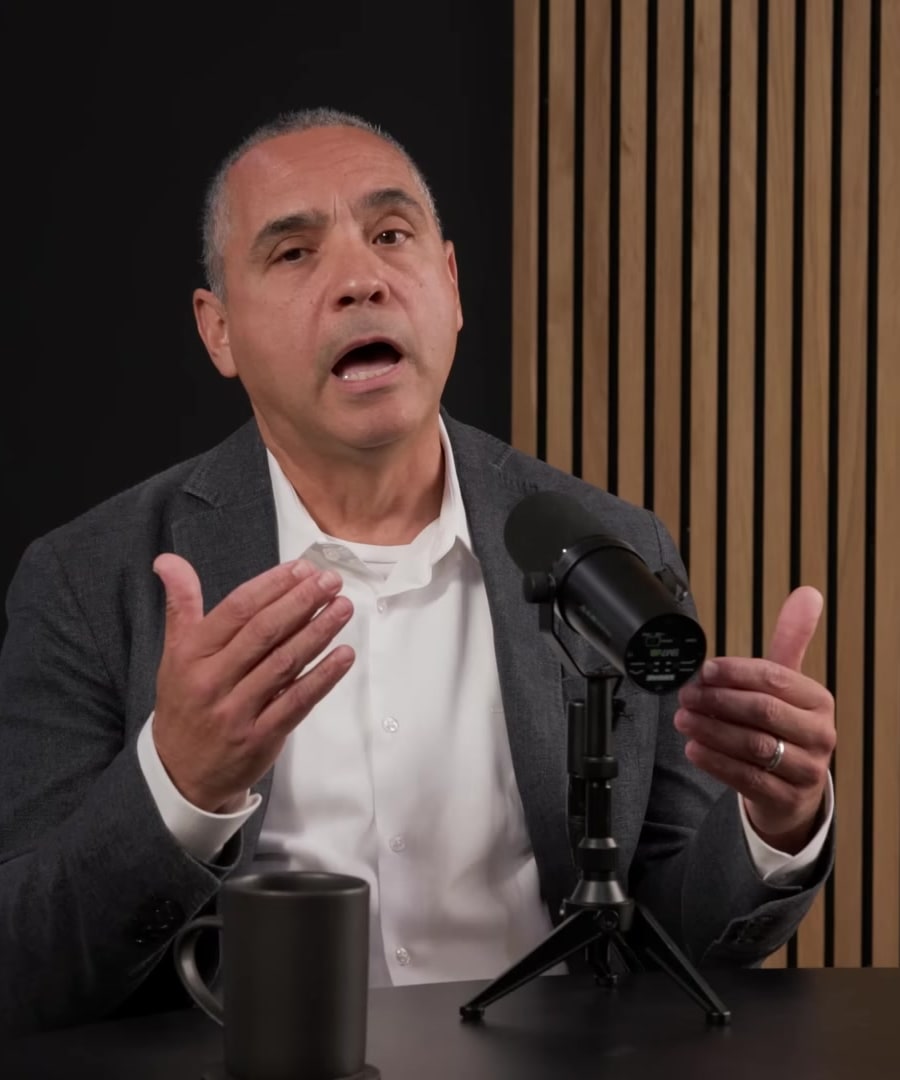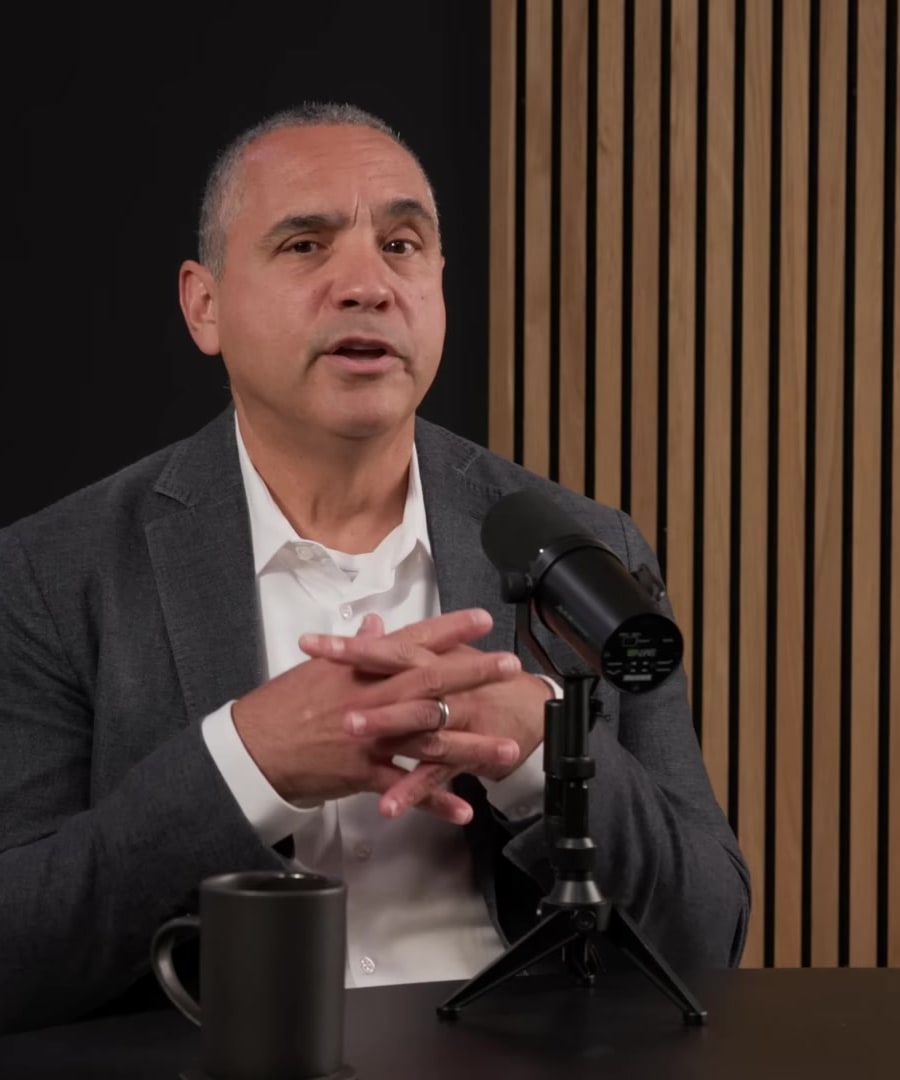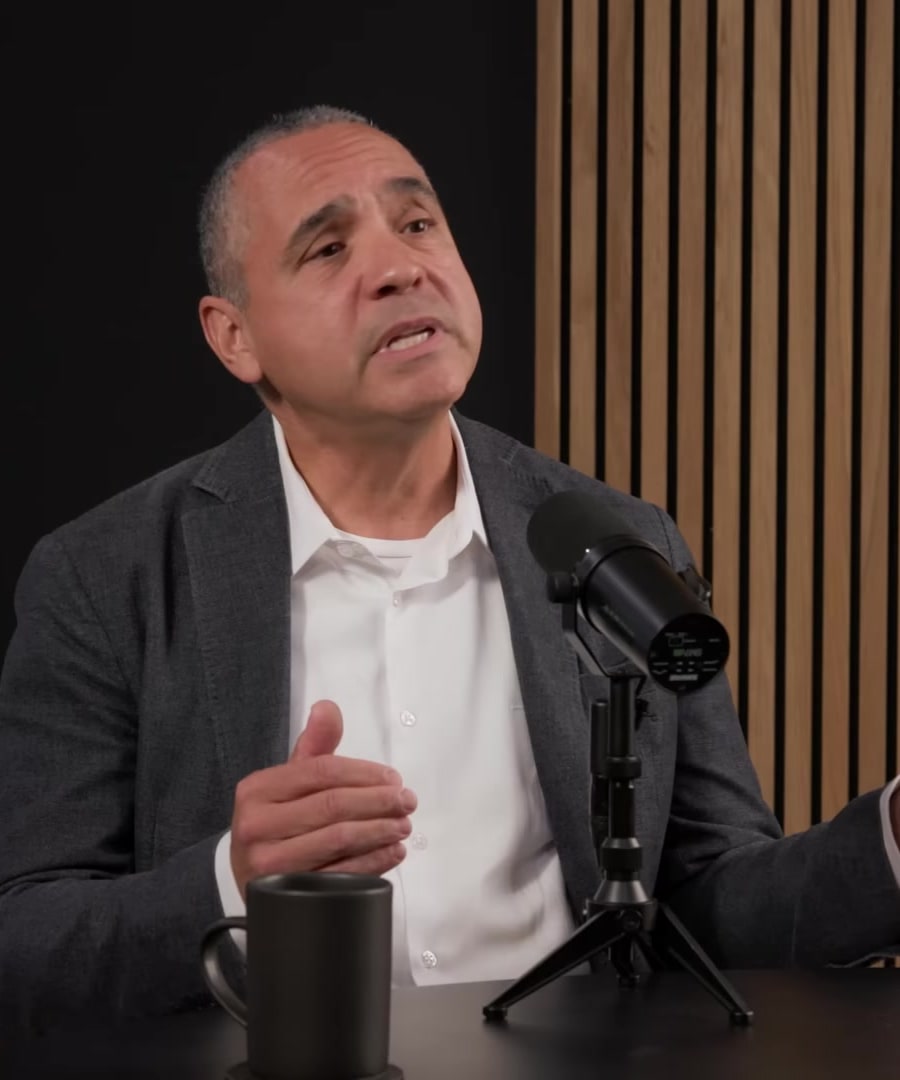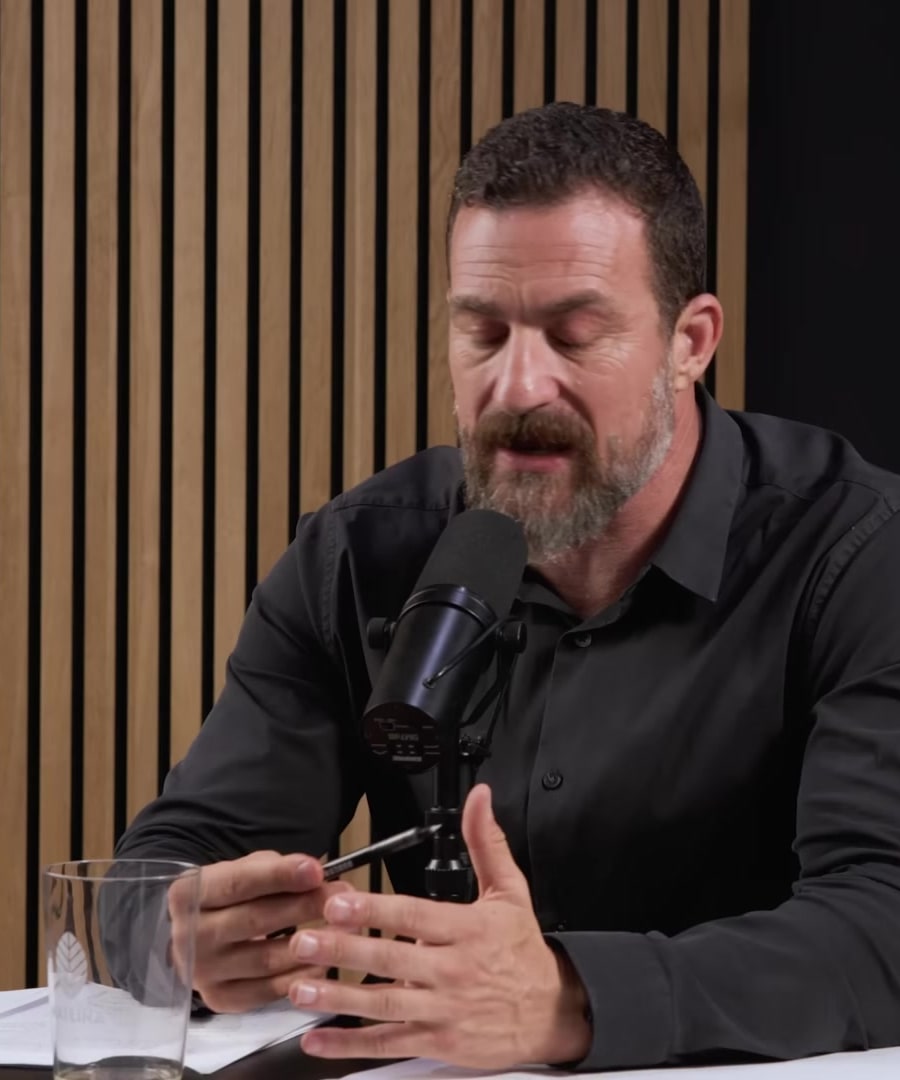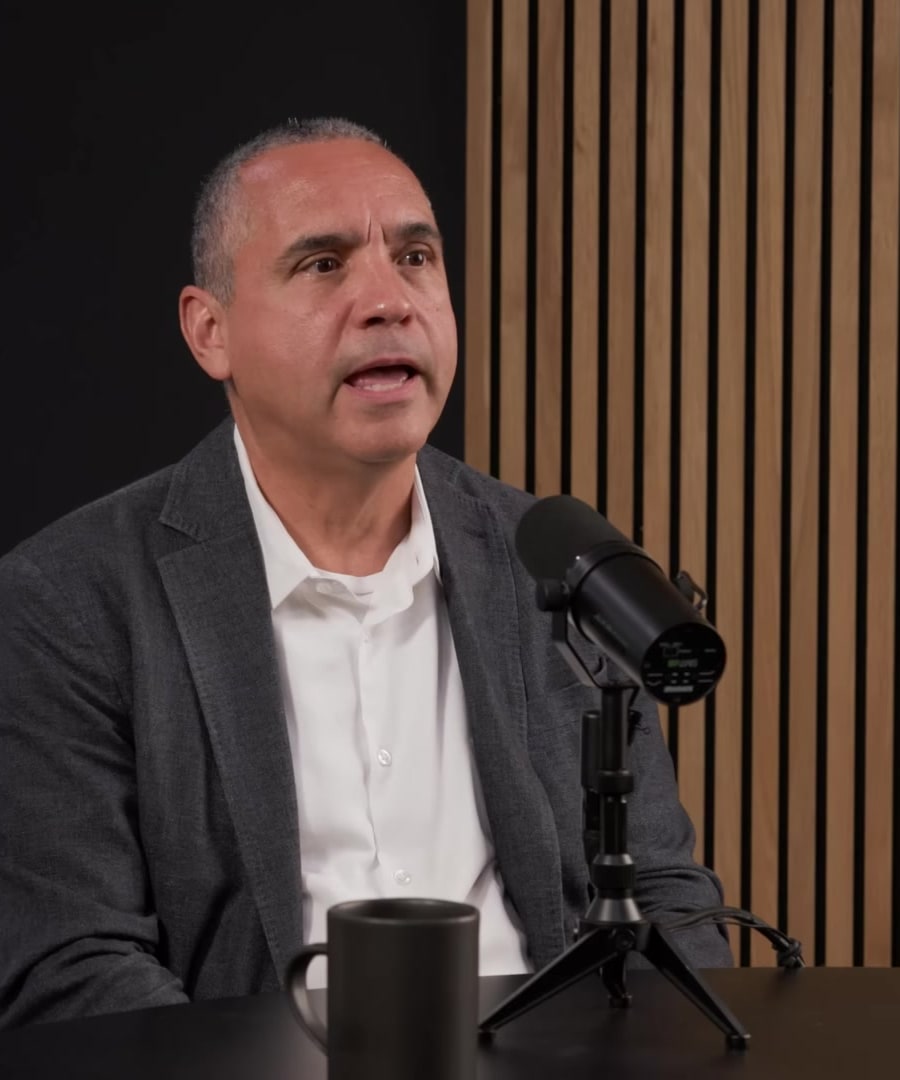Summarize episode Dr. Victor Carrión: How to Heal From Post-Traumatic Stress Disorder (PTSD)
Sources:
In the episode on the , Dr. Victor Carrión, a Professor of Child Psychiatry at Stanford, and host discuss the complexities and treatment of PTSD with a primary focus on children.
Key Insights
-
Understanding PTSD: PTSD does not solely depend on a formal diagnosis as many experience functional impairments without the diagnosis. Avoidance exacerbates symptoms of PTSD, and effective treatment should aim to engage children rather than allowing them to avoid their trauma 1.
-
Stress Dynamics: Stress can benefit performance up to a point, known as the optimal stress point, beyond which it can harm health and performance. Overprotection from stress can hinder children's development of coping mechanisms 2.
-
Childhood Vulnerability: Children are more vulnerable to PTSD due to neuroplasticity, making their brains more sensitive to both negative and positive experiences. Supportive environments can enhance resilience and recovery 3.
-
Treatment Innovations: Dr. Carrión highlights the importance of accessible mental health resources and shares his experience with Q Center therapy. Tools like hypnosis and mindfulness are beneficial for caregivers and children affected by trauma. School and community support play a critical role in addressing mental health needs 4.
-
Listening and Healing: Listening to the experiences of those with PTSD is vital. Creating supportive spaces where individuals feel heard and can identify their strengths is essential for healing. Effective mental health professionals often prioritize listening over speaking 5.
This episode emphasizes understanding PTSD beyond diagnoses, optimal stress exposure, childhood vulnerability to trauma, innovative treatment methods, and the importance of listening in the healing process.
RELATED QUESTIONS-
Summarize episode Dr. Victor Carrión: How to Heal From Post-Traumatic Stress Disorder (PTSD)
- RELATED QUESTIONS
